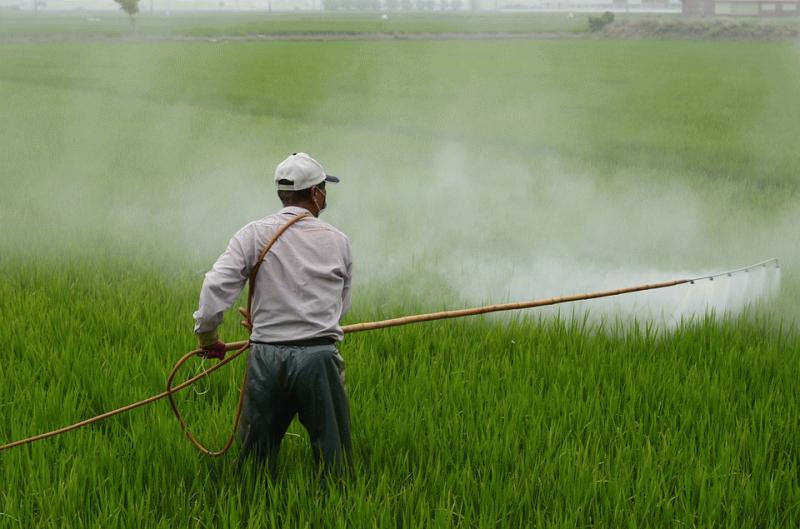Antonio Manaytay – Fourth Estate Contributor
Bethesda, MD, United States (4E) – Scientists at the National Cancer Institute said Roundup’s active ingredient glyphosate is not a cancer-causing agent amid class-lawsuit filed by at least 200 individuals who claimed the weed killer gave them cancers.
In a report, published November 9 in the Journal of the National Cancer Institute, the NCI said the death rates among farmers are lower when compared to the average Americans.
It noted, however, the rates are higher for some cancers but other substances could have been the driver for “these elevated cancer rates.” These substances the farmers and their farm family members may be exposed to include pesticides, engine exhausts, solvents, dust, animal viruses, fertilizers, fuels, and other microbes.
Overall, the NCI did not find any evidence to link glyphosate, the active ingredient of weed killer Roundup produced by Monsanto, to most cancers. It took exception to one type of cancer, acute myeloid leukemia but it said the link is not significant.
Monsanto’s vice president of strategy Scott Partridge, in an interview with Reuters, said the NCI study “definitively demonstrates in a real-world environment that glyphosate doesn’t cause cancer.”
The NCI findings ran in contrast to other studies, particularly that of the International Agency for Research on Cancer, identifying glyphosate as a probable cancer-causing agent in 2015. Categorizing glyphosate as carcinogenic could mean that it has a link with cancer, which finding was also not conclusive.
Another study, published on October in the Journal of the American Medical Association, had also found an increase of about 15 times the amount of the chemicals in urine samples of some 100 people living in southern California.
The New York Time reported Thursday that regulators in the European Union refused to issue a reauthorization order for the use of glyphosate for at least another five years.
Monsanto is fighting backlash over allegations that the weed killer Roundup is causing cancers. At least some 200 individuals have sued the company.
Article – All Rights Reserved.
Provided by FeedSyndicate
